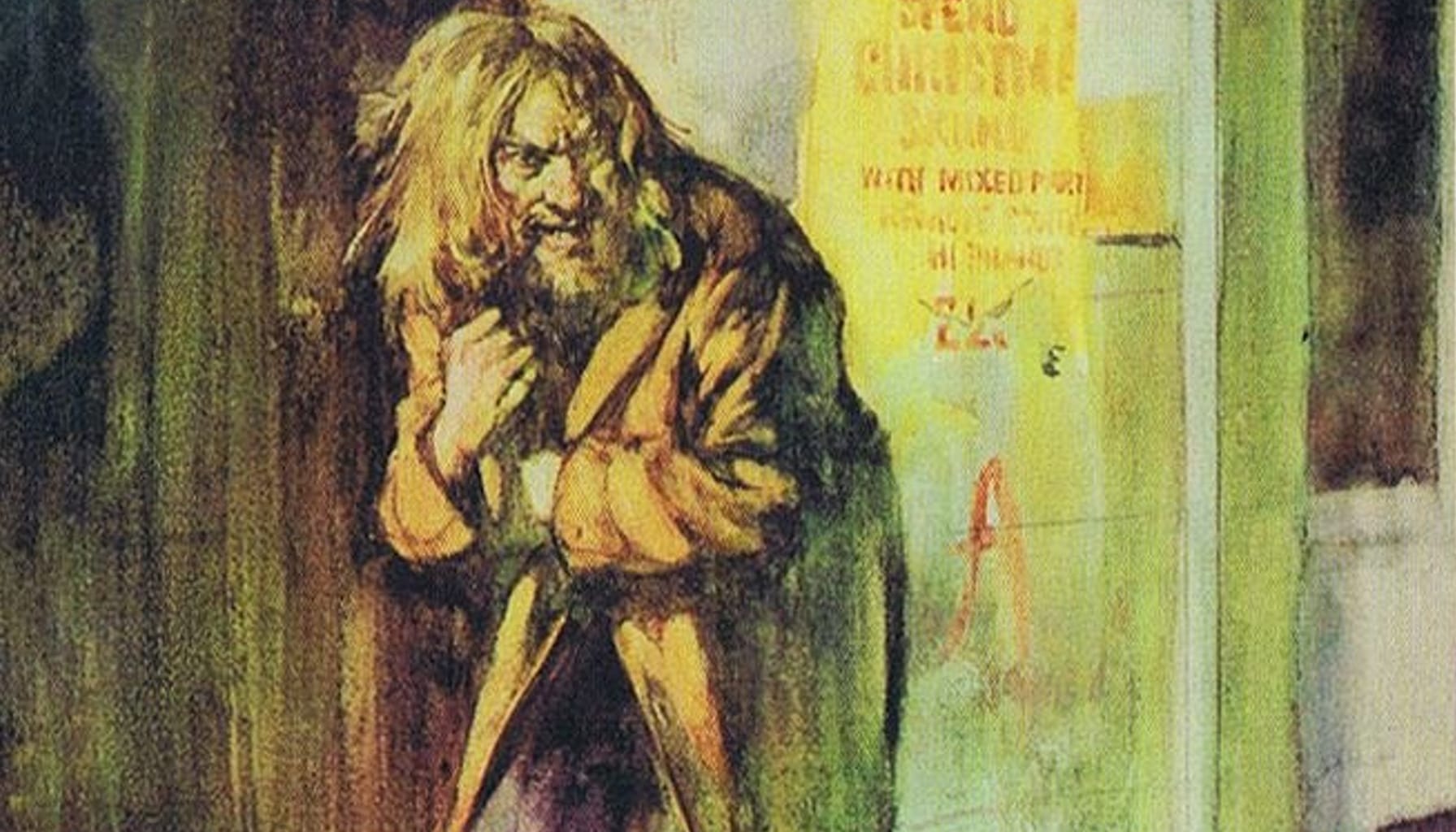Blindspotting: Jethro Tull, "Aqualung"
Fixing musical blind spots, one album at a time

The Legacy: For people roughly my age and younger, Jethro Tull are probably mostly remembered as the band that won the first-ever Hard Rock/Metal Grammy in 1989 — an award that seemingly everyone on the planet was expecting to go to Metallica for ...And Justice for All, but instead was handed to an aging crew of British prog stalwarts as one among seemingly endless examples of Grammy Awards being treated as belated thank-yous for much older and much more impactful work. Where Tull is concerned, the work in question includes Aqualung, their 1971 commercial breakthrough; although it isn't the group's highest-charting release in the U.S., it remains the cornerstone of their catalog and their all-time best seller. It's also one of the more highly regarded concept albums, although Tull leader Ian Anderson has long maintained that it isn't a concept album at all. I'm not sure how you justify that argument when the record in question is essentially an album-length broadside against organized Christianity with a recurring character in several songs, but whatever; he wrote the material, so I guess he can try to define it however he wants.
First Impressions: I avoided Aqualung for many years partly because I'm largely allergic to prog, partly because I'm put off by the idea of old Englishmen hopping around while playing the flute, and partly because the album is featured in Jimmy Guterman and Owen O'Donnell's book The Worst Rock 'n' Roll Records of All Time, which held a place of honor on my shelf throughout the '90s. While I have to admit that the book is probably a little too consistently glib to stand as the breath of fresh air it felt like when it was published, I think Guterman and O'Donnell got it right where this album is concerned, especially when they called it an "awkward collage of fifteenth-hand theology, light-metal theatrics, and ill-informed rural nostalgia" that became "an enormous hit among pretentious thirteen-year-olds of all ages."
Aqualung is an extremely pretentious album, but it lacks the wit or insight to justify its sneering posture; more damningly, it also overwhelmingly lacks the musical discipline it needs to keep a listener interested once they've had enough of Anderson's rambling lyrics and diffuse, wandering vocal melodies. There are moments when the band manages to work up half a sweat, e.g. "Locomotive Breath," but they really only stand out in comparison to the mind-numbing slog that is the rest of the record. Listening to it is like being trapped at a party with an insufferable blowhard who is as in love with his half-baked ideas as he is with the sound of his own voice. How has this sold three million copies?
Hidden Gems: Not a one. While I wouldn't lunge for the dial if "Locomotive Breath" happened to come on, that's hardly a hidden gem. I started writing these Blindspotting columns not just as another means of musical discovery, but as a way of publicly testing my own musical prejudices and copping to it when they kept me from listening to something cool. Not this time — instead, I would like to thank Guterman and O'Donnell for warning me away from Aqualung, and for being dumb enough to subject myself to it after years of being perfectly happy having never listened. Speaking as someone who shares Anderson's disdain for organized religion, I think I'd rather go to church than hear any of this ever again.
